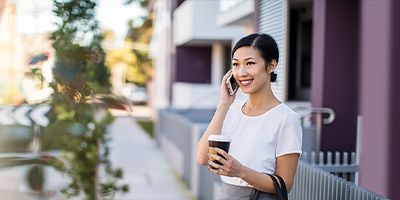First home buyers super saver scheme (FHSS)
The Australian Government introduced the First Home Super Saver Scheme (FHSS) to assist first home buyers.
The scheme allows first home buyers to save money for a deposit through their superannuation fund.
It will be administered by the Australian Taxation Office who will be responsible for ensuring that users of the scheme are first home buyers and that the funds withdrawn will be used to buy a property.











